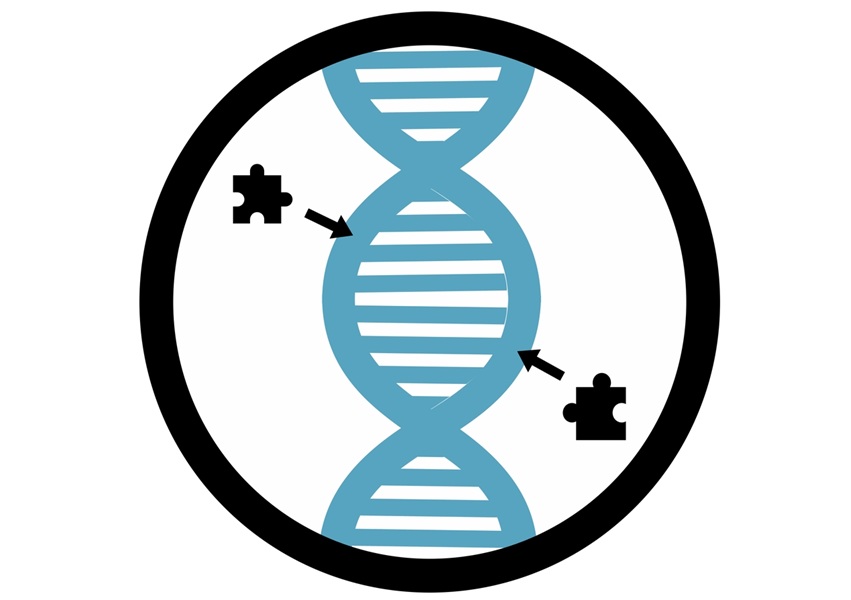Novel Genes Identified for Rare Uterine Cancer
By LabMedica International staff writers
Posted on 12 Nov 2012
Several genes have been identified that are linked to one of the most lethal forms of uterine cancer, serous endometrial cancer.Posted on 12 Nov 2012
Three of the genes found are frequently altered in the disease, suggesting that the genes drive the development of tumors in the uterine lining, or endometrium, and is the most commonly diagnosed gynecological malignancy in the United States of America.
Scientists at the National Human Genome Research Institute (NHGRI; Bethesda, MD, USA) undertook a comprehensive genomic study of tumors by sequencing their exomes, the critical 1% to 2% of the genome that codes for proteins. They began their study by examining serous tumor tissue and matched normal tissue from 13 patients. They used whole-exome sequencing to comprehensively search for somatic mutations within approximately 22,000 protein-encoding genes in 13 primary serous endometrial tumors. They subsequently resequenced 18 genes, which were mutated in more than one tumor and/or were components of an enriched functional grouping, from 40 additional serous tumors.
The investigators detected more than 500 somatic mutations within 12 tumors. They next looked for genes that were mutated in more than one of the tumors. An alteration that occurs in more than one tumor is more likely to be relevant to the development of the cancer than a unique alteration. Overall, 36.5% of serous tumors had a mutated chromatin-remodeling gene, and 35% had a mutated ubiquitin ligase complex gene, implicating frequent mutational disruption of these processes in the molecular pathogenesis of one of the deadliest forms of endometrial cancer.
To get a clearer picture of driver gene status among the other six genes, the scientists sequenced each gene in 40 additional serous endometrial tumors. They discovered that three genes, chromodomain helicase DNA binding protein 4 (CHD4), F-box and beta-transducin (WD) repeat domain containing 7 (FBXW7), and speckle-type Poxvirus and Zinc finger protein (SPOP), are altered at a statistically high frequency in serous endometrial cancer.
Daphne W. Bell, PhD, an NHGRI investigator and the paper's senior author, said, “When you identify a set of mutations, they could either be drivers that have caused the cancer or incidental passengers that are of no consequence; our goal is to identify the drivers. One way to do this is to home in on genes that are mutated in more than one tumor, because we know from experience that frequently mutated genes are often driver genes." The study was published on October 28, 2012, in the journal Nature Genetics.
Related Links:
USA National Human Genome Research Institute













